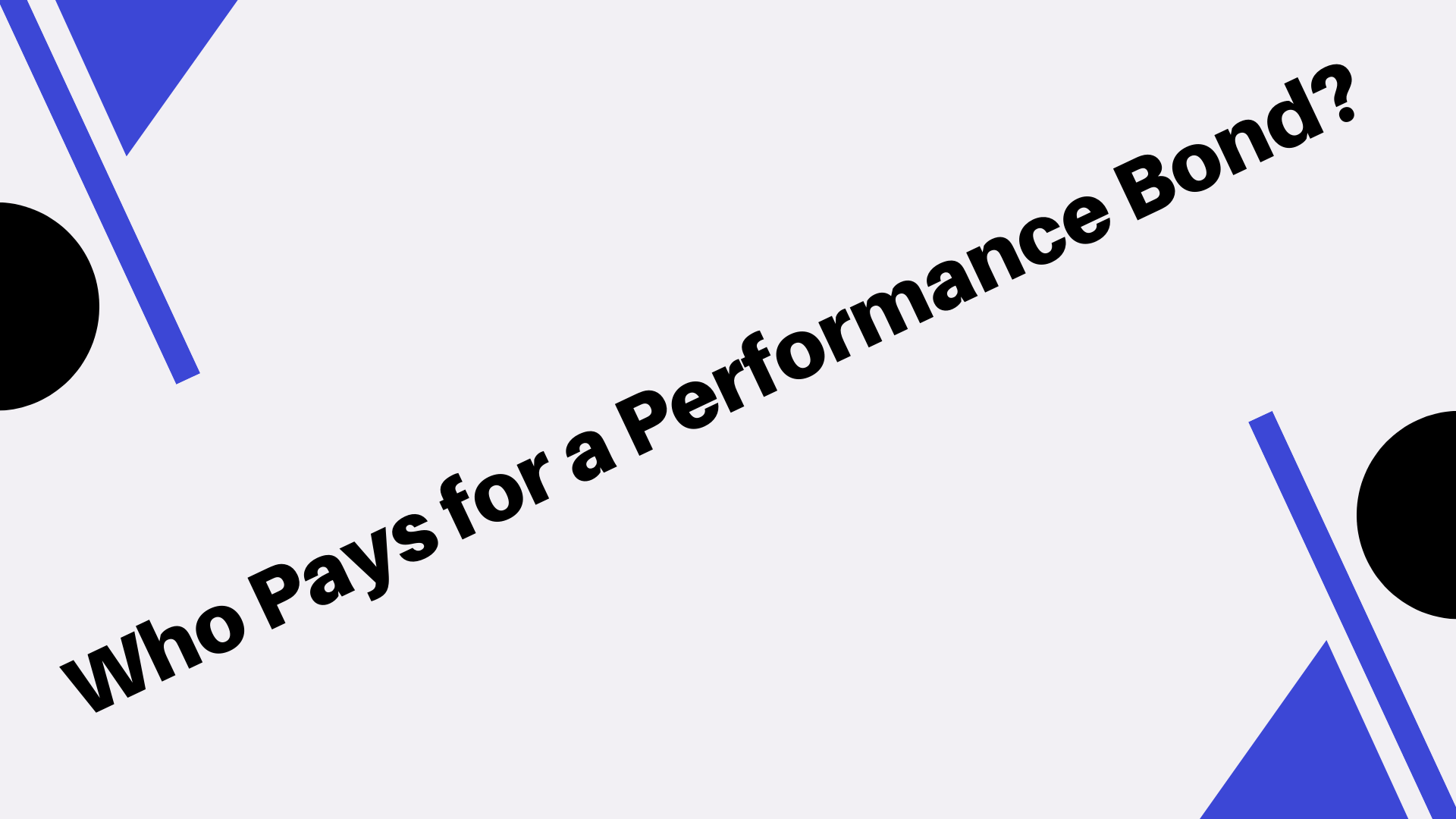Who pays for the performance bond in international commodity trading?
The importer – and importers – do. Unfortunately, the buyer of the import often thinks the seller pays for the bond. That is why some industry players believe that as much as $1 billion (US) worth of commodities each year don’t move because buyers insist on shipping on an open account basis without a performance bond where they
Open account means the buyer gets full control of the goods until they pay for them. The seller ships, and delivers to a carrier’s pier or warehouse, without any guarantee that he will be paid. When payment is made by letter-of-credit (L/C), it is usually paid after documents are presented to the bank. With open account trading, no documents are required nor any pre-shipment inspection (PSI) as part of an international trade transaction.
The importer makes a payment against L/C at its own bank which issues a post-shipment draft (or “nostro” transfer). But if there is no purchase order requiring a performance bond, then who pays?
The importer is the only party at risk for the non-performance of an import contract. If the seller has no money to back up his sales agreement, then the importer is out of pocket until it can bring legal action against the seller to recover its loss.
Who pays for the performance bond in commodity?
To answer this question more precisely, the importer is free to choose a performance bond for a specific amount or percentage of the contract price. In most cases, it is 5% of the total value of goods purchased.
In some countries including those in Latin America and Russia, payment against L/C alone may not be allowed. Even where it is allowed by law as in China, some banks prohibit their clients from paying upfront without a performance bond. In such cases, the customer has no option but to pay against L/C with a bank guarantee. The importer pays for the performance bond on both open account and letter-of-credit deals even though they are fundamentally different types of transactions.
Who pays for a performance bond?
The importer is at risk for non-performance. In an open account transaction, the buyer uses its own cash to pay for the goods and to provide the seller with a Bid bond. Instead of the performance bond that’s required by most trading partners, you can use bid bonds or bid guarantees (deposits) which reduce the amount of capital needed by buyers and sellers for commodity transactions.
As always: consult your freight forwarder and attorney before submitting a bid to make sure you fully understand all risks involved. And it’s important to be aware that even if you partially buy or sell through open account terms, you still need a performance bond as well as other types of risk protection such as insurance to physical loss and damage.
Who pays for construction payment performance bond?
In construction transactions, the typical requirement is a bid bond or performance bond which have been known as “surety bonds” for many years.
In the construction industry, most suppliers require a bid bond from their customers who are requesting bids on an open account basis with no performance bond upfront to secure a sales agreement. The typical request is that the client provides a bid guarantee at 5% of the total value of goods ordered.
Typically, the project owner or general contractor pays for performance bonds. However, the architect/engineer may require one from a subcontractor to ensure that it has funds to complete work in case its customer fails to pay.
Who pays for a payment performance bond?
The buyer who has an agreement to purchase goods, real estate, or services submits its own money as security. The buyer can also be required to provide a bid bond or bid guarantee (deposit) which is a sum of money that represents a promise to pay by the bidder issuing it if that company isn’t awarded the work.
A bid bond ensures that the bidder will have funds available should they win the bidding process. In this case, your contractor probably wants you as the customer to sign as co-obligor on the bid as well as himself so he can get his surety company involved in his bid submission through a Bid Bond type of performance bond.
What is a payment bond and who pays for it?
A payment bond (also known as a contractor’s license and permit bond) is the most common type of surety bond required by contractors bidding on public works projects such as road work or building construction. It guarantees that they will pay the subcontractors, workers, and suppliers for labor and material used to complete their project according to contract specifications.
Your contractor probably wants you as the customer to sign as co-obligor on his bid so he can get his surety company involved in his bid submission through a Bid Bond type of performance bond.
Visit Executive Surety Bonds to know more!
